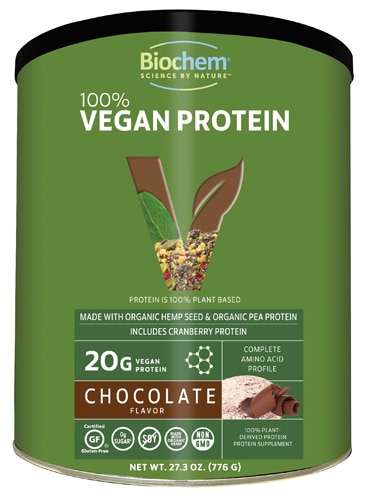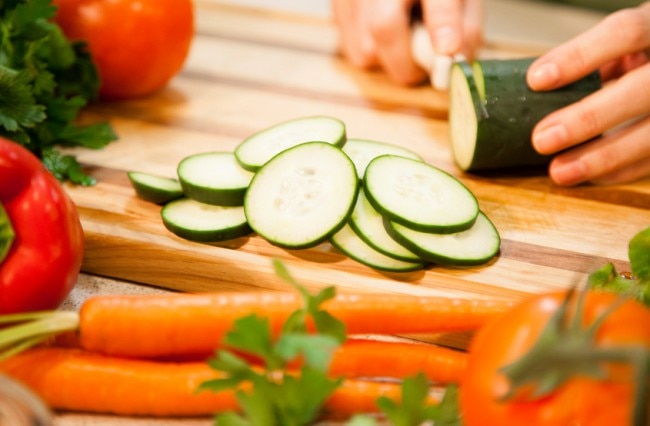Making the switch from an animal diet to a vegan diet is win-win for the environment, for animals and most of all for your own health. According to the Academy of Nutrition and Dietetics, vegans are less likely than meat eaters to develop heart disease, cancer, diabetes, or high blood pressure. With vegan food cropping up everywhere, in football stadiums and fast food chains and school cafeterias, it’s easier than ever before to make the switch. However, it still takes planning and commitment to stick with it. Here is our step-by-step guide to easing into veganism.
1. Get ready
For your best chances of success, it’s a good idea to educate yourself on why you’re considering a vegan diet. Take time to figure out why it’s important to you, instead of just jumping on the trend bandwagon. Research the myriad benefits of a plant-based diet—start reading books and cookbooks that delve deeper into the lifestyle. There are also several inspirational movies—for starters check out Food Inc., Vegucated, Hungry for a Change and Earthlings—that can get you all fired up about what eating animals actually entails.
2. Start slowly
Ease into veganism slowly. Become vegan in stages, giving the body time to adjust and making lifestyle changes easier. Gradually replace all your meat and dairy-based foods with vegan choices. Stock your fridge and cupboards with healthy alternatives, so you don’t start to feel deprived.
As you transition to a vegan diet plan, don’t overwhelm yourself with complex, gourmet meals. The simpler, less processed your meal is the better. Acquaint yourself with some vegan stand-bys you can whip up in ten minutes, such as a salad topped with baked tofu. Take it meal by meal, forgive yourself for relapses, and figure out the strategies that will make you successful, like always having a vegan bar or some nuts in your purse or car for when you are famished.
3. Prep yourself
Many grocery stores have a natural- or health-food section, where many vegan items are stocked. But you still need to know the vegan lay of the land at the store: For example, veggie meat slices and tofu are sometimes kept in the refrigerated section near the produce and some frozen products are kept near breakfast foods. Vegan margarine and soy milk are frequently kept right next to the dairy varieties. Ask a store clerk for help if you can't find what you are looking for. Also, pick up the habit of perusing labels at the supermarket.
You’ll need to read the labels on everything and learn how to navigate ingredient decks to avoid hidden animal products creeping into your diet. Finally, focus on the abundance of choices, not your restrictions. It’s a vegan best practice to crowd out animal products with tons of delicious, filling plant-based foods. Choose nondairy milk, fruits, veggies, whole grains, nuts, seeds, and legumes to start and try to avoid the more processed vegan replacement meats when possible.
4. Take it with you
Don’t let eating out foil your well-laid intentions. It’s a lot easier then you may assume to order up vegan meals at non-vegan restaurants. Vegan options abound no matter where you are—restaurants, parties, a friend's house or while traveling or on the road. Know what to look and ask for: Get used to telling waiters and waitresses that you are vegan so that they can suggest dishes tailored to you. And of course, there’s an app for that (Peta recommends the Happy Cow app). Plus, here’s a list of chain restaurants that have viable vegan options.
5. Consult an expert
Getting enough protein on a plant-based diet is a No.1 concern. It’s worth seeking advice from a nutritionist or a dietician on the best way of achieving a balanced diet for you in particular and what supplements you might need, such as vitamin B12. Once you have transitioned for a few months, a blood test to confirm adequate levels of vitamins and trace elements may also be wise. Periodic follow ups is smart too, as different stages of life, such as pregnancy, have different dietary needs, as do different activity levels, such as the nutrition demands of extreme atheleticism.





